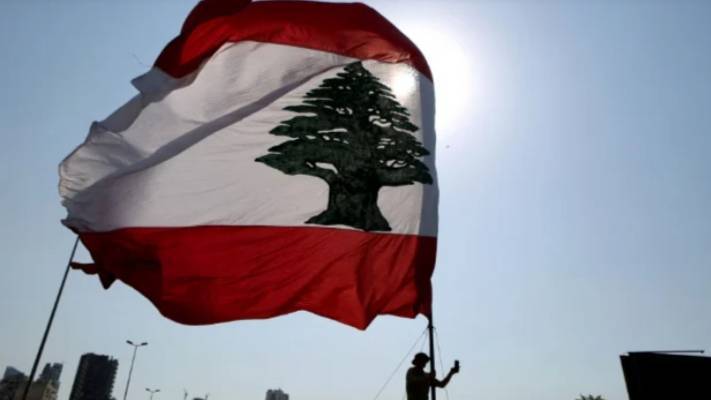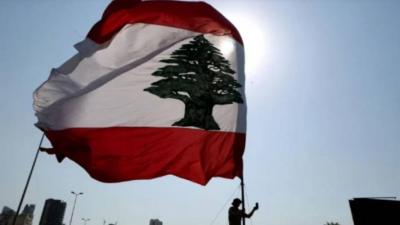Members of the Change Bloc have stirred the stagnant presidential election process through a series of meetings held yesterday, continuing from the round that began the day before. They met with the "Loyalty to the Resistance," "Development and Liberation," and "Strong Lebanon" blocs to present their presidential initiative, based on the fundamental principle they established in their initiative: openness to all parties and discussion of ideas among them. This is a positive point that is hoped to improve interactions among lawmakers in Parliament, as the cancelation mentality that resonated previously will not be beneficial but rather complicate matters further. Therefore, the change advocates' tour signifies a return to political realism. They are expected to meet with other blocs in the coming days, although it would have been preferable for them to adopt this rationality from the beginning and to refrain from criticizing others for their political choices, instead of employing a discourse that excluded others under the slogan "All means all," while they personally observed that the stance from within the seat of political and national responsibility differs from that outside it. Notably, the blocs the lawmakers met with yesterday belong to the March 8 Alliance, which previously confronted the uprising and the Change Bloc fiercely and refused to engage with them, despite the absence of common ground between the two sides. Therefore, it is not anticipated that the calculations of these blocs will change to align with the proposals of the new lawmakers.
It is also worth recalling the campaign waged against the head of the Progressive Socialist Party, Walid Jumblatt, when he reached out to his political opponents, most notably Hezbollah, meeting with them from a position of disagreement. Meanwhile, others have returned to adopt the same approach, confirming that this country is governed by consensus and settlements, and no confrontation project can succeed.
The entire movement remains ineffective unless all political forces engage on the presidential front to agree on a name before the end of President Michel Aoun’s term. However, no significant movement is expected before regional issues are resolved, as the presidential file is tied to many other issues, such as border demarcation, most of which are linked, directly or indirectly, to the anticipated position of Iran following the disappointment from the recent nuclear negotiations.
Member of the Development and Liberation bloc, MP Michel Moussa, indicated that "the meeting was good, during which the lawmakers presented their presidential initiative and the specifications for the next president, but no names were proposed in this context, emphasizing the need to localize the entitlement issue." In comments to the electronic newspaper "Anbaa," Moussa noted that "the call for a session to elect a president lies with Speaker Nabih Berri, but it is expected that this will occur after the budget session, allowing time for further discussion on the matter."
In response to a question about the possibility that Berri might refrain from calling a session before reaching an agreement on a name among the blocs, Moussa dismissed this idea and recalled "Berri's call for several sessions in the previous experience without agreement on any name. Successive sessions might encourage the parties to delve deeper into the file." Moussa concluded by pointing out "the intention and effort of everyone to accomplish the entitlement on time, which is a positive thing since a vacuum is very harmful," hoping that regional conditions will be supportive, noting that "in some cases, the external environment might not be positive, but it is essential to strive to localize the issue as much as possible."
For his part, MP Waddah Sadek revealed that "the meetings were very positive, and we agreed with the blocs on about 80% regarding the specifications we proposed within the framework of our initiative, with the key point being the localization of the entitlement." In a call with the electronic newspaper "Anbaa," Sadek considered that "the discussions are still within a political framework; however, when we reach implementation, the devil is in the details. Nonetheless, there is a possibility of agreeing on a unified name based on the specifications from the parties we met with if there is the intention and desire to complete that."
Regarding the proposal of names for the election, Sadek noted that "the current round will end next Saturday, after which we need two days to evaluate ideas and propose names, before embarking on another round with the blocs to present the names we wish to propose."
Crucial weeks lie ahead as we approach the end of Aoun's term, while it appears that all existing communications and initiatives are nothing more than a "pot of bulgur," awaiting the heat of a settlement capable of cooking them.




